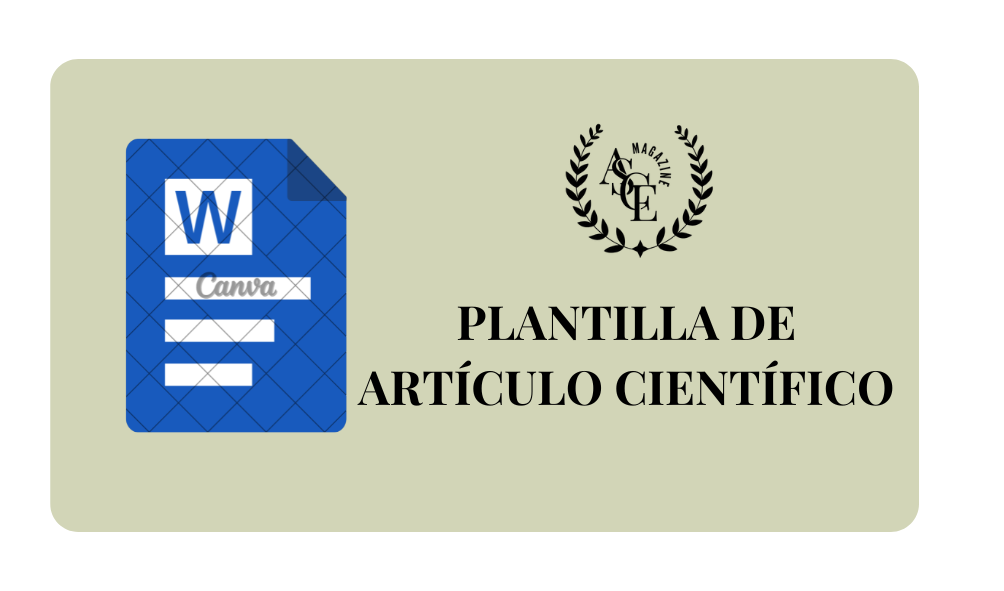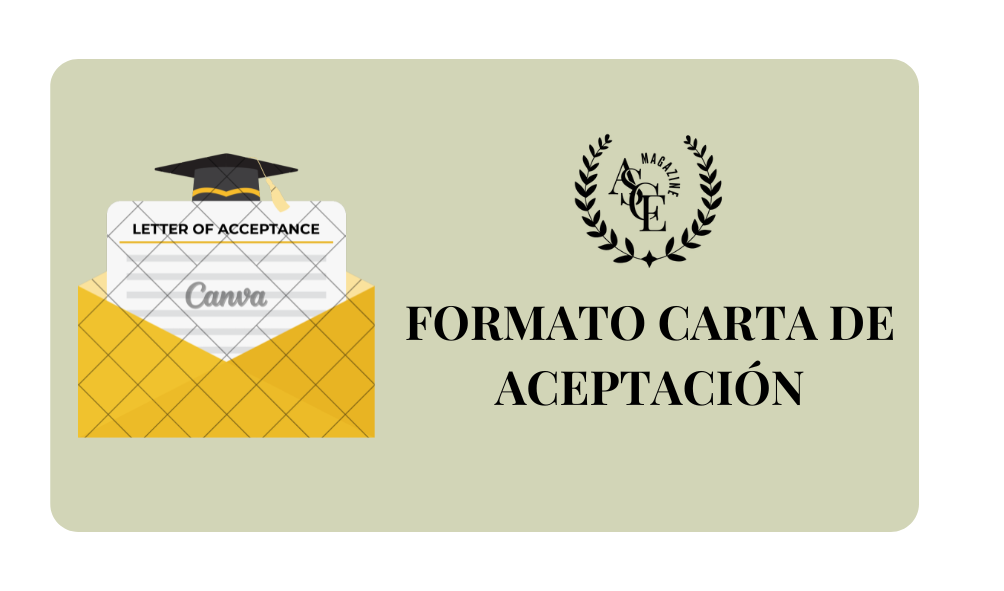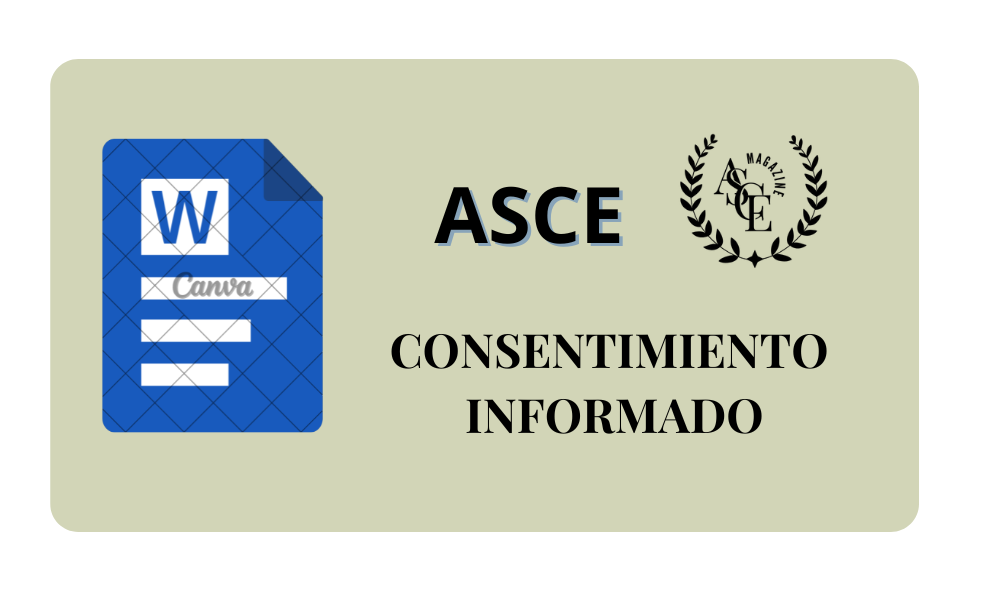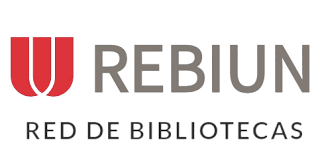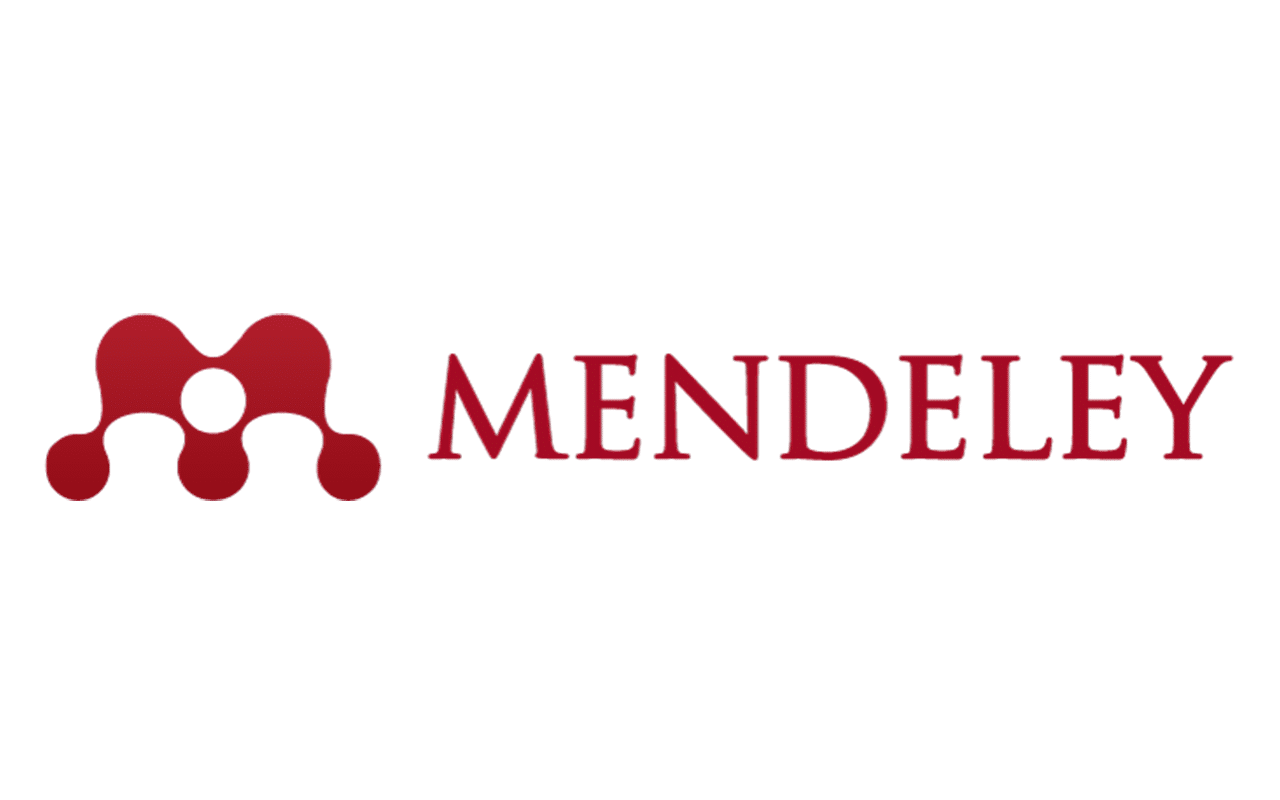Hybrid learning and digital environments: the impact of technological innovation on the development of 21st-century skills in education.
DOI:
https://doi.org/10.70577/ASCE/2389.2408/2025Keywords:
Blended Learning, Digital Environments, Technological Innovation, 21st-Century Competencies, Complex Problem-Solving, Educational Transformation.Abstract
The research examines the effects of integrating blended learning and digital environments on the attainment of 21st-century abilities, specifically in complex problem-solving and the systemic transformation of education. The main objective was to investigate the enhancement of critical, communicative, collaborative, and creative competencies arising from the incorporation of emerging technologies into hybrid educational models in university environments. The study utilized an explanatory sequential mixed-methods approach. The quantitative phase utilized Likert-scale surveys and written assessments to evaluate the 4Cs, whereas the qualitative phase comprised semi-structured interviews and systematic classroom observations. The sample comprised 156 students from four universities, picked intentionally and representatively. Data were examined by MANOVA and thematic coding, assuring methodological rigor and validity. Results demonstrated substantial enhancements in all evaluated competencies, corroborating the notion that hybrid learning effectively promotes transversal skills. Narratives from both students and teachers highlighted the significance of digital resources in the classroom as catalysts for innovation, inspiration, and pedagogical adaptability. The study offers insights for the establishment of innovation centers centered on competency-based hybrid models, emphasizing the necessity for teacher training in digital methods and the incorporation of appropriate technology infrastructure. Ultimately, recommendations for future study encompass the execution of longitudinal studies, the adaptation of techniques to fundamental educational levels, and the assessment of specific elements within hybrid teaching and learning models.
Downloads
References
Abdigapbarova, U., Arpentieva, M. R., Mukhametzyanova, F. S., & Doszhan, R. (2025). Digital technologies in hybrid learning: Opportunities and challenges. Education and Information Technologies, Advance online publication. https://pmc.ncbi.nlm.nih.gov/articles/PMC12098696/
Abdigapbarova, U., et al. (2025). The impact of digital hybrid education model on teachers and students: The Hybrid Future. Scientific Reports. https://doi.org/10.1038/s41598-025-02875-2 DOI: https://doi.org/10.1038/s41598-025-02875-2
Albán Pazmiño , E. J., Bernal Párraga, A. P., Suarez Cobos , C. A., Samaniego López, L. G., Ferigra Anangono, E. J., Moreira Ortega, S. L., & Moreira Velez, K. L. (2024). Potenciando Habilidades Sociales a Través de Actividades Deportivas: Un Enfoque Innovador en la Educación. Ciencia Latina Revista Científica Multidisciplinar, 8(4), 3016-3038. https://doi.org/10.37811/cl_rcm.v8i4.12549 DOI: https://doi.org/10.37811/cl_rcm.v8i4.12549
Alizadeh, M., & Shirmohammadi, S. (2024). Hybrid learning environments: Pedagogical implications and methodological approaches. arXiv preprint. https://arxiv.org/abs/2409.12674
Ama, M. T. (2025). Benefits and challenges of implementing blended learning: A literature review. International Journal of Teaching and Learning (INJOTEL), 3(4), 116–135.
Ansari, B. I., & colleagues. (2023). Blended-learning training and evaluation: A qualitative study. Intercultural Education. https://immi.se/index.php/intercultural/article/view/Ansari-et-al-2023-2 DOI: https://doi.org/10.36923/jicc.v23i4.201
Atmojo, S. E., Muhtarom, T., Murtono, M., Wardono, W., Rahayuningsih, M., & Handayani, D. (2025). Effects of hybrid STEM learning on 21st-century skills and character development in prospective elementary teachers: A mixed-methods study. Qubahan Academic Journal, 5(2), 25–38. https://doi.org/10.48161/qaj.v5n2a1716 DOI: https://doi.org/10.48161/qaj.v5n2a1716
Batman, K. A. (2025). The effect of hybrid learning on academic achievement and 21st century skills in teacher education. Revista Românească pentru Educaţie Multidimensională, 17(1), 54–90. https://doi.org/10.18662/rrem/17.1/941 DOI: https://doi.org/10.18662/rrem/17.1/941
Bernal Parraga , A. P., Orozco Maldonado, M. E., Salinas Rivera, I. K., Gaibor Davila, A. E., Gaibor Davila, V. M., Gaibor Davila, R. S., & Garcia Monar, K. R. (2024). Análisis de Recursos Digitales para el Aprendizaje en Línea para el Área de Ciencias Naturales. Ciencia Latina Revista Científica Multidisciplinar, 8(4), 9921-9938. https://doi.org/10.37811/cl_rcm.v8i4.13141 DOI: https://doi.org/10.37811/cl_rcm.v8i4.13141
Bernal Parraga , A. P., Salinas Rivera, I. K., Allauca Melena, M. V., Vargas Solis Gisenia, G. A., Zambrano Lamilla, L. M., Palacios Cedeño, G. E., & Mena Moya, V. M. (2024). Integración de Tecnologías Digitales en la Enseñanza de Lengua y Litera-tura: Impacto en la Comprensión Lectora y la Creatividad en Educación Básica. Ciencia Latina Revista Científica Multidisciplinar, 8(4), 9683-9701. https://doi.org/10.37811/cl_rcm.v8i4.13117 DOI: https://doi.org/10.37811/cl_rcm.v8i4.13117
Bernal Párraga, A. P., Jaramillo Rodriguez, V. A., Correa Pardo, Y. C., Andrade Aviles, W. A., Cruz Gaibor, W. A., & Constante Olmedo, D. F. (2024). Metodologías Activas Innovadoras de Aprendizaje aplicadas al Medioambiente En Edades Tempranas desde el Área de Ciencias Naturales. Ciencia Latina Revista Científica Multidisciplinar, 8(4), 2892-2916. https://doi.org/10.37811/cl_rcm.v8i4.12536 DOI: https://doi.org/10.37811/cl_rcm.v8i4.12536
Bernal Parraga, A. P., Salazar Véliz , E. T., Zambrano Lamilla, L. M., Espinoza Jaramillo , S. G., Morales García , C. S., Shinger Hipatia, N. S., & Zapata Calderón , S. J. (2025). Innovaciones Didácticas para Lengua y Literatura Basadas en el Aprendizaje Personalizado y Colaborativo . Revista Científica De Salud Y Desarrollo Humano , 6(2), 01–32. https://doi.org/10.61368/r.s.d.h.v6i2.574 DOI: https://doi.org/10.61368/r.s.d.h.v6i2.574
Bernal, A., & Guarda, T. (2020). La gestión de la información es factor determinante para elaborar estrategias innovadoras en política educativa pública. Iberian Journal of Information Systems and Technologies, (E27), 35-48. https://core.ac.uk/download/pdf/487026121.pdf#page=35
Can, H. C. (2024). The effect of blended learning on 21st-Century skills and academic achievement: A quasi-experimental study. Journal of Adolescence, 101, 101896. https://doi.org/10.1016/j.adolescence.2024.101896
Chango, W., Cerezo, R., & Romero, C. (2024). Multi-source and multimodal data fusion for predicting academic performance in blended learning university courses. arXiv. https://doi.org/10.48550/arXiv.2403.05552
Cosquillo Chida , J. L., Burneo Cosios, L. A., Cevallos Cevallos, F. R., Moposita Lasso, J. F., & Bernal Parraga, A. P. (2025). Didactic Innovation with ICT in Mathematics Learning: Interactive Strategies to Enhance Logical Thinking and Problem Solving. Revista Iberoamericana De educación, 9(1), 269–286. https://doi.org/10.31876/rie.v9i1.299 DOI: https://doi.org/10.31876/rie.v9i1.299
Fajardo Lopez , C. E., Yagual Cedeño, L. L., Quezada Sanchez, C. F., Toapanta Guanoquiza, M. J., Moreira Velez, K. L., Sandra Veronica, L. P., & Bernal Parraga , A. P. (2024). El Papel de los Padres en la Educación Inicial": Estrategias Innovadoras para la Participación Familiar. Ciencia Latina Revista Científica Multidisciplinar, 8(4), 9881-9900. https://doi.org/10.37811/cl_rcm.v8i4.13139 DOI: https://doi.org/10.37811/cl_rcm.v8i4.13139
Fitria, A., Santoso, H., & Yulianti, I. (2024). The effect of blended problem-based learning on students’ 21st-century skills: A meta-analysis. International Journal of Instruction, 17(2), 401–420. https://files.eric.ed.gov/fulltext/EJ1443612.pdf
Garcia Carrillo , M. de J., Bernal Párraga, A. P., Alexis Cruz Gaibor, W., Cruz Roca, A. B., Ruiz Vasco, D. E., Montaño Ordóñez, J. A., & Illescas Zaruma, M. S. (2024). Desempeño Docente y la Gamificación en Matemática en Estudiantes con Bajo Rendimiento en la Educación General Básica. Ciencia Latina Revista Científica Multidisciplinar, 8(4), 7509-7531. https://doi.org/10.37811/cl_rcm.v8i4.12919 DOI: https://doi.org/10.37811/cl_rcm.v8i4.12919
Guerrero Carrera , L. M., Bernal Parraga, A. P., Ordóñez Quituizaca, N. K., Toapanta Guonoquiza, M. J., Cabrera Brown, M. N., Alvarez León, D. S., & Yanchapaxi Oña, K. G. (2024). Efectividad de Metodologías Activas Innovadoras de Aprendizaje en el Área de Lengua. Ciencia Latina Revista Científica Multidisciplinar, 8(3), 9213-9244. https://doi.org/10.37811/cl_rcm.v8i3.12073 DOI: https://doi.org/10.37811/cl_rcm.v8i3.12073
Haftador, A. M., Rashidian, A., & Shakibazadeh, E. (2023). The effects of blended learning and its subcategories on university students' critical thinking. BMC Medical Education, 23, 647. https://doi.org/10.1186/s12909-023-04647-2
Hanč, J., Borovský, D., & Hančová, M. (2023). Blended learning: A data-literate science teacher is a better teacher. arXiv. https://doi.org/10.48550/arXiv.2309.02953 DOI: https://doi.org/10.1088/1742-6596/2715/1/012012
Herijanto, B. (2024). The effectiveness of the STEM-EDELCY learning model to improve students' 21st-century skills. Journal of Educational Technology & Society, Advance online publication. https://doi.org/10.1080/00220671.2024.2346659 DOI: https://doi.org/10.1080/00220671.2024.2346659
Illescas Zaruma, M. S., Illesca Pacheco, T. L., Enriquez Cortez , M. del C., Riera Cartuche , D. R., Salazar Carranco, M. A., Hidalgo Almeida, L. E., & Bernal Parraga, A. P. (2024). Impacto de las Plataformas Tecnológicas de Enseñanza como Recursos Educativos. Ciencia Latina Revista Científica Multidisciplinar, 8(4), 11401-11419. https://doi.org/10.37811/cl_rcm.v8i4.13307 DOI: https://doi.org/10.37811/cl_rcm.v8i4.13307
Jara Chiriboga , S. P., Troncoso Burgos, A. L., Ruiz Avila, M. M., Cosquillo Chida, J. L., Aldas Macias, K. J., Castro Morante, Y. E., & Bernal Párraga, A. P. (2025). Inteligencia Artificial y Aprendizaje Personalizado en Lenguas Extranjeras: Un Análisis de los Chatbots y los Asistentes Virtuales en Educación. Revista Científica De Salud Y Desarrollo Humano , 6(1), 882–905. https://doi.org/10.61368/r.s.d.h.v6i1.515 DOI: https://doi.org/10.61368/r.s.d.h.v6i1.515
Jara Chiriboga, S. P., Valverde Alvarez, J. H., Moreira Pozo, D. A., Toscano Caisalitin, J. A., Yaule Chingo, M. B., Catota Quinaucho, C. V., & Bernal Parraga, A. P. (2025). Gamification and English Learning: Innovative Strategies to Motivate Students in the Classroom . Revista Científica De Salud Y Desarrollo Humano , 6(1), 1609–1633. https://doi.org/10.61368/r.s.d.h.v6i1.549 DOI: https://doi.org/10.61368/r.s.d.h.v6i1.549
Jelodari, H. (2025). A systematic review of blended learning and its impact on 21st-century competencies. Education and Information Technologies, 30(2), 212–230. https://doi.org/10.1007/s44217-025-00773-3 DOI: https://doi.org/10.1007/s44217-025-00773-3
Jimenez Bajaña, S. R., Crespo Peñafiel, M. F., Villamarín Barragán, J. G., Barragán Averos, M. D. L., Barragan Averos, M. B., Escobar Vite, E. A., & Bernal Párraga, A. P. (2024). Metodologías Activas en la Enseñanza de Matemáticas: Comparación en-tre Aprendizaje Basado en Problemas y Aprendizaje Basado en Proyectos. Ciencia Latina Revista Científica Multidisciplinar, 8(3), 6578-6602. https://doi.org/10.37811/cl_rcm.v8i3.11843 DOI: https://doi.org/10.37811/cl_rcm.v8i3.11843
Lin, T. J., & Chen, K. (2023). Augmented reality and gamification in mathematics education: Effects on motivation and learning achievement. Interactive Learning Environments, Advance online publication. https://doi.org/10.1080/10494820.2023.2179128
Maulana, H. A. (2025). Hybrid learning in teacher education: Impacts on 21st-century teaching skills and professional development. Journal of Education Research and Practice, 15(1), 45–60. https://files.eric.ed.gov/fulltext/EJ1457132.pdf
Maulana, H. A. (2025). Hybrid learning in teacher education: Impacts on 21st-century teaching skills and professional development. EduLearn, 15(1), 45–60. https://files.eric.ed.gov/fulltext/EJ1457132.pdf
Montenegro Muñoz, M. E., Bernal Párraga, A. P., Vera Peralta, Y. E., Moreira Velez , K. L., Camacho Torres, V. L., Mejía Quiñonez, J. L., & Poveda Gavilanez, D. M. (2024). Flipped Classroom: impacto en el rendimiento académico y la autonomía de los estudiantes. Ciencia Latina Revista Científica Multidisciplinar, 8(3), 10083-10112. https://doi.org/10.37811/cl_rcm.v8i3.12139 DOI: https://doi.org/10.37811/cl_rcm.v8i3.12139
Mora Villamar, F. M., Bernal Párraga, A. P., Molina Ayala, E. T., Salazar Veliz, E. T., Padilla Chicaiza, V. A., & Zambrano Lamilla, L. M. (2024). Innovaciones en la didáctica de la lengua y literatura: estrategias del siglo XXI. Ciencia Latina Revista Científica Multidisciplinar, 8(3), 3852-3879. https://doi.org/10.37811/cl_rcm.v8i3.11595 DOI: https://doi.org/10.37811/cl_rcm.v8i3.11595
Mulenga, R., & Shilongo, H. (2025). Hybrid and blended learning models: Innovations, challenges and future directions in education. Acta Pedagogia Asiana, 4(1), 1–13. https://doi.org/10.53623/apga.v4i1.495 DOI: https://doi.org/10.53623/apga.v4i1.495
Papagiannis, P., & Pallaris, G. (2024). Evaluating 21st century skills development through makerspace workshops in computer science education. arXiv. https://doi.org/10.48550/arXiv.2411.05012
Puthiya, R. (2024). Technology adoption in a hybrid learning environment: Faculty experiences in the UAE. Educational Technology & Society, Advance online publication. https://doi.org/10.1080/10494820.2023.2290020 DOI: https://doi.org/10.1080/10494820.2023.2290020
Rehman, S., & Khan, A. (2024). Problem-based hybrid learning: An empirical study in higher education. Heliyon, 10(5), e160197. https://doi.org/10.1016/j.heliyon.2024.e160197
Santana Mero, A. P., Bernal Párraga, A. P., Herrera Cantos, J. F., Bayas Chacha, L. M., Muñoz Solorzano, J. M., Ordoñez Ruiz, I., Santin Castillo, A. P., & Jijon Sacon, F. J. (2024). Aprendizaje Adaptativo: Innovaciones en la Personalización del Proceso Educativo en Lengua y Literatura a través de la Tecnología. Ciencia Latina Revista Científica Multidisciplinar, 8(4), 480-517. https://doi.org/10.37811/cl_rcm.v8i4.12292 DOI: https://doi.org/10.37811/cl_rcm.v8i4.12292
Silva, J., & Moreira, A. (2023). Hybrid learning environments: Pedagogical innovation and 21st-century competencies. Comunicar, 31(75), 45–56. https://doi.org/10.3916/C75-2023-04 DOI: https://doi.org/10.3916/C75-2023-04
Smiderle, R., Rigo, S. J., Marques, L. B., Coelho, J. A. P. M., & Jaques, P. A. (2020). The impact of gamification on students’ learning, engagement and behavior based on their personality traits. Smart Learning Environments, 7(1), 3. https://doi.org/10.1186/s40561-019-0098-x DOI: https://doi.org/10.1186/s40561-019-0098-x
Suárez, A., & Conde, M. (2023). Digital ecosystems and hybrid learning: Impacts on collaboration and critical thinking. British Journal of Educational Technology, 54(4), 987–1002. https://doi.org/10.1111/bjet.13321 DOI: https://doi.org/10.1111/bjet.13321
Thornhill-Miller, B. (2023). Creativity, critical thinking, communication, and collaboration: The 4Cs in education. Frontiers in Psychology, 14, 10054602. https://doi.org/10.3389/fpsyg.2023.10054602
Torres Illescas, V., Villacrés Prieto, P., Román Cabrera, J., Bernal Párraga, A. (2024). Charting the Path of Reading Development: A Study on the Importance and Effective Strategies for Reading in Early Ages Based on Technology. In: Gervasi, O., Murgante, B., Garau, C., Taniar, D., C. Rocha, A.M.A., Faginas Lago, M.N. (eds) Computational Science and Its Applications – ICCSA 2024 Workshops. ICCSA 2024. Lecture Notes in Computer Science, vol 14820. Springer, Cham. https://doi.org/10.1007/978-3-031-65285-1_2 DOI: https://doi.org/10.1007/978-3-031-65285-1_2
Zamora Arana , M. G., Bernal Párraga, A. P., Ruiz Cires, O. A., Cholango Tenemaza, E. G., & Santana Mero, A. P. (2024). Impulsando el Aprendizaje en el Aula: El Rol de las Aplicaciones de Aprendizaje Adaptativo Impulsadas por Inteligencia Artificial en la Edu-cación Básica. Ciencia Latina Revista Científica Multidisciplinar, 8(3), 4301-4318. https://doi.org/10.37811/cl_rcm.v8i3.11645 DOI: https://doi.org/10.37811/cl_rcm.v8i3.11645
Zou, T., Kuek, J., & Feng, J. (2025). Blended learning and digital innovation: Impacts on 21st-century skill development in education. Frontiers in Education, 10, 1562391. https://doi.org/10.3389/feduc.2025.1562391 DOI: https://doi.org/10.3389/feduc.2025.1562391
Downloads
Published
How to Cite
Issue
Section
License
Copyright (c) 2025 Blanca Narciza Moreta Sánchez, César Xavier Robalino Núñez, Daniela Lucia Caiza Cañar, Edwin Marcelo Suárez Córdova, Martha Cecilia Carrasco Melo

This work is licensed under a Creative Commons Attribution-NonCommercial-NoDerivatives 4.0 International License.
Eres libre de:
- Compartir : copiar y redistribuir el material en cualquier medio o formato
- Adaptar : remezclar, transformar y desarrollar el material
- El licenciante no puede revocar estas libertades siempre y cuando usted cumpla con los términos de la licencia.
En los siguientes términos:
- Atribución : Debe otorgar el crédito correspondiente , proporcionar un enlace a la licencia e indicar si se realizaron cambios . Puede hacerlo de cualquier manera razonable, pero no de ninguna manera que sugiera que el licenciante lo respalda a usted o a su uso.
- No comercial : no puede utilizar el material con fines comerciales .
- CompartirIgual — Si remezcla, transforma o construye sobre el material, debe distribuir sus contribuciones bajo la misma licencia que el original.
- Sin restricciones adicionales : no puede aplicar términos legales ni medidas tecnológicas que restrinjan legalmente a otros hacer algo que la licencia permite.






